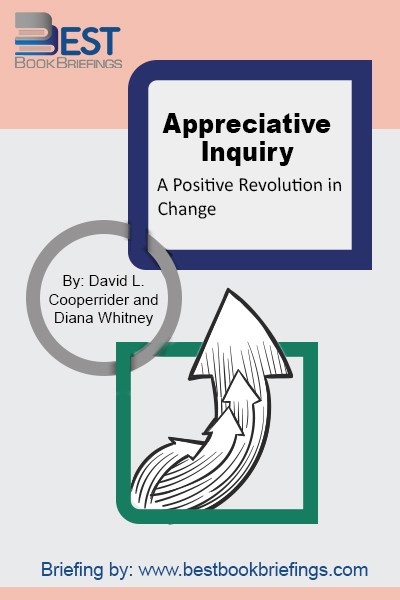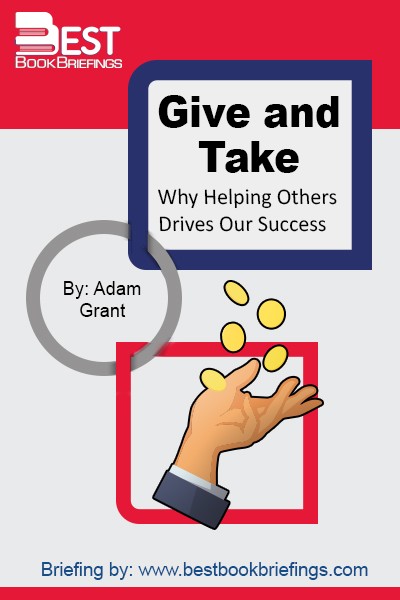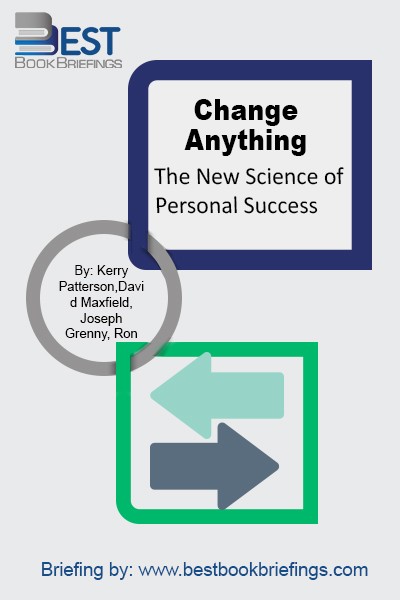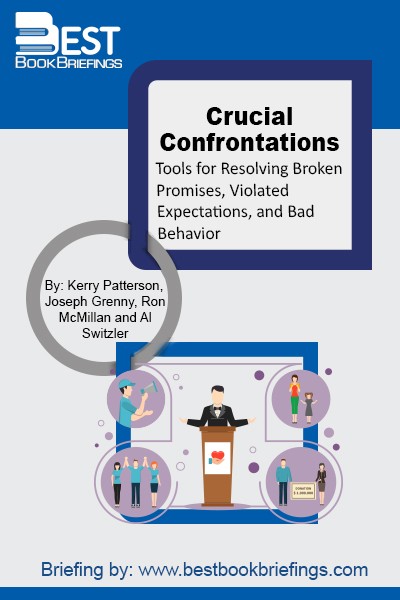Change Anything
The New Science of Personal Success
Number of pages: 288
Publisher: Grand Central Publishing
BBB Library: Personal Success
ISBN: 9780446573900
Editorial Review
A stunning new approach to how individuals can not only change their lives for the better in the workplace, but also their lives away from the office, including (but not limited to) finding ways to improve one's working relationship with others, one's overall health, outlook on life, and so on.
Book Reviews
Books on Related Topics

Social intelligence is defined as the ability to get along well with others while winning their cooperation. Social intelligence is a combination of sensitivity to the needs and interests of others, which is sometimes called your social radar, an attitude of generosity and consideration, and a set of practical skills for

Change is a pain. Humans are naturally attracted to tedious and repetitive norms of life. As such, they always fear the unusual and dread novelty. Moreover, they feel highly anxious and worried if they find it necessary to change the course of their lives, especially if they are not sure of

The assumption has always been made that the choices we make in life are based on the circumstances provided at the time of the choice. As much as it may feel that we are weighing out the facts in front of us, our actions are actually dictated by the motivations of

Appreciative Inquiry (AI) is a new model of change management, uniquely suited to the values, beliefs, and business challenges facing managers and leaders today. It is a process for large-scale change management that can enable you to engage and inspire your highly diverse and dispersed workforce; to involve customers and other

According to conventional wisdom, highly successful people have three things in common: motivation, ability, and opportunity. Here is a fourth ingredient that’s critical but often neglected: success depends heavily on how we approach our interactions with other people. Every time we interact with another person at work, we have a choice

There is a story that is usually told about extremely successful people, a story that focuses on intelligence and ambition. Gladwell argues that the true story of success is very different, and that if we want to understand how some people thrive, we should spend more time looking around them-at such

You’re about to put a can of cherry-flavored soda in your shopping cart, but intrigued, you decide to read the ingredients first. “Sweetened by brain-damaging aspartame and colored by cancer-causing additives; and that sweet cherry flavor? That has nothing to do with real cherries; instead, it’s distilled from cool tar and

There are so many apparently intelligent people chasing success in the most foolhardy manner. They are manic, hyper and busy to the point of distraction. They might have gotten A’s for effort, but not for intelligence. We live in a “Success Culture”. Many people pursue success as a primary goal in





